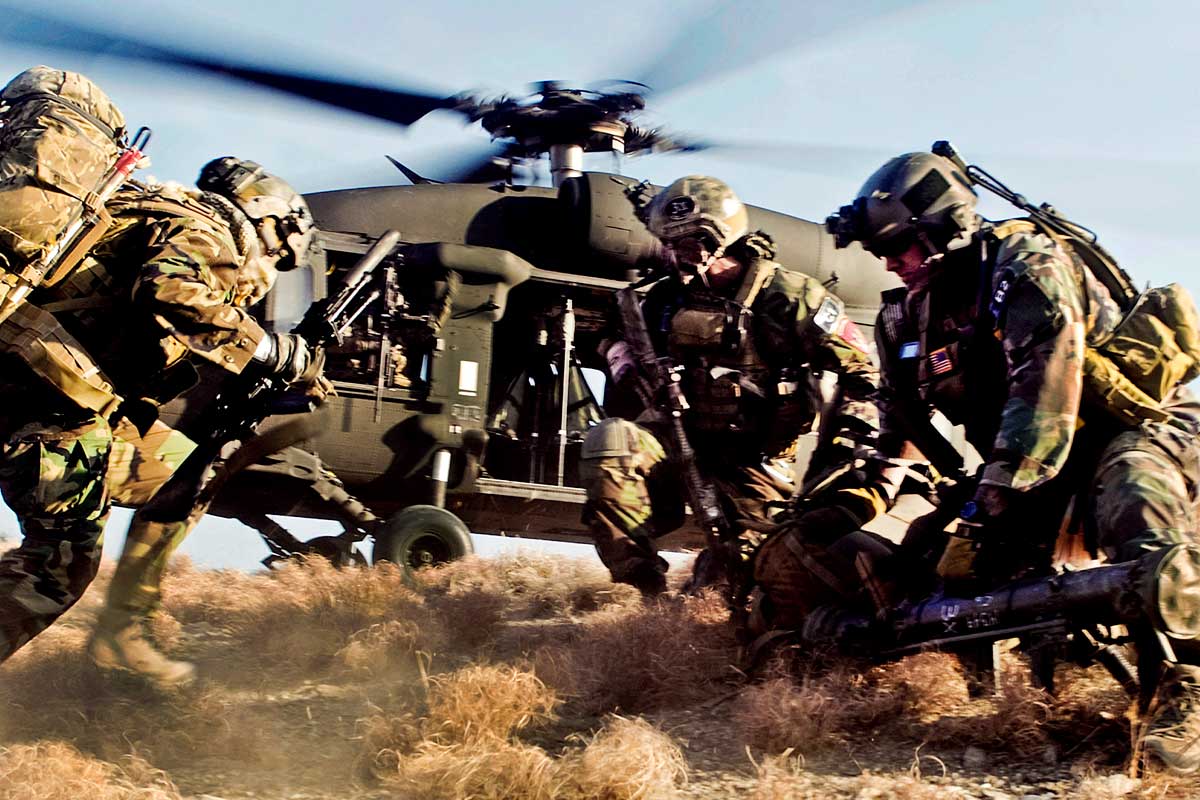The Role of Airplane in Forming Global Transportation and Profession Dynamics
Through the establishment of robust air freight networks, organizations can currently navigate international markets with remarkable rate and agility, thus redefining supply chain strategies. As we check out the diverse impacts of aircraft on international trade, it is important to take into consideration exactly how these aspects will form the future landscape of air travel and its role in the economy.

Development of Air Transportation
The evolution of air transportation has been noted by substantial technological advancements and advancements that have transformed the method individuals and items relocate across the world. From the Wright siblings' initial powered flight in 1903 to the advancement of supersonic jets, each milestone has actually emphasized the relentless pursuit of effectiveness and rate in flight. Early airplane were mostly rudimentary, limited by engine power and architectural integrity. Nonetheless, the introduction of advanced products and the rules of aerodynamics in the mid-20th century led to substantial enhancements in airplane safety and security, dependability, and efficiency. uh 60.
The last part of the 20th century experienced the introduction of business air travel as a sensible setting of transportation, defined by the intro of jet engines, which revolutionized flight by dramatically decreasing trip times. Additionally, developments in navigation and communication technologies have improved functional performance and security, enabling more complex flight routes and routines. The increase of air freight in parallel with traveler solutions has actually additionally emphasized the convenience of aeronautics. As we look to the future, emerging innovations such as independent and electric airplane assurance to redefine the air transportation landscape, making certain continued development and adaptation to global needs.
Effect On Global Profession
Air transport has actually greatly reshaped international profession by promoting the swift movement of items throughout vast distances. This expedited logistics capacity allows businesses to respond swiftly to market needs, therefore boosting supply chain efficiency. The capability to carry disposable items, high-value things, and time-sensitive products has actually opened brand-new markets and opportunities for numerous markets, significantly affecting profession patterns.
Furthermore, the growth of air freight networks has cultivated globalization, allowing business to resource products and items from different components of the globe seamlessly. This interconnectedness decreases preparations and expenses, allowing businesses to continue to be competitive in a significantly international marketplace. Furthermore, air transportation plays a vital function in e-commerce, where customer assumptions for quick distribution have actually driven a surge sought after for air cargo services.
The impact of aircraft on worldwide trade expands to the development of strategic profession courses, linking regions and assisting in worldwide collaborations. Countries that spend in air transportation framework frequently experience improved financial development and boosted international direct financial investment. Overall, the evolution of air transportation has not only changed the logistics landscape yet has additionally come to be an essential part in the dynamics of international profession.

Economic Advantages of Aviation
A robust aeronautics sector generates significant economic advantages, adding to work production, tourist, and overall economic development - uh 60. The aeronautics market supports countless work globally, ranging from direct work in airlines and airports to indirect duties in industries such as friendliness, transportation, and logistics. According to market records, for every single job in the air travel industry, around 3.5 extra work are this article developed in the broader economy
Tourism is a critical component of the economic advantages derived from air travel. Flight promotes international tourist, allowing tourists to explore varied locations, which consequently stimulates local economies. Countries that purchase their air travel facilities often experience increased traveler arrivals, causing greater costs on services such as dining establishments, destinations, and hotels.

Furthermore, air travel boosts global connectivity, making it possible for organizations to access new markets and sources successfully. This connectivity fosters international profession, enabling for the rapid activity of goods, which is crucial in today's globalized economic climate. As an outcome, sectors such as e-commerce and production advantage profoundly from dependable air transport, more driving financial expansion. Overall, the aviation sector remains a foundation of economic vitality, underscoring its indispensable role in shaping contemporary economies.
Obstacles Facing the Air Travel Market
Navigating a complex landscape of regulative, environmental, and economic obstacles, the aeronautics market deals with substantial obstacles that endanger its sustainability and growth. Laws surrounding safety and security and protection are continually progressing, requiring recurring compliance and adaptation from suppliers and airlines (uh 60). This can result in increased functional costs and resource allocation that takes away from innovation and development initiatives
In addition, environmental issues have come to be extremely important, with expanding examination over carbon exhausts and sound pollution. The industry is under stress to adopt greener methods and technologies, which often require considerable investment in research and development. Stabilizing these ecological duties with the need for air travel presents a considerable obstacle.
Financial changes, such as rising gas costs and geopolitical uncertainties, additionally complicate the landscape. Airlines frequently come to grips with unpredictable operating expense and rising and fall traveler need, which can impact success and long-term preparation. Labor lacks and skill voids in critical locations include another layer of complexity, hindering operational efficiency.
Ultimately, addressing these complex challenges is crucial for the aeronautics industry to preserve its pivotal role in worldwide transport and profession, while making sure durability and versatility in a significantly open market.
Future Patterns in Air Traveling
Arising technologies and moving customer choices are positioned to improve the future of flight considerably. The combination of expert system and equipment understanding is anticipated to boost functional efficiency, enhance airport procedures, and enhance customer solution. Predictive analytics will certainly facilitate extra precise demand projecting, permitting airlines to maximize flight timetables and pricing designs.
Sustainability is ending up being a vital vehicle driver in flight, with the aeronautics market increasingly concentrated on lowering carbon emissions. Technologies in airplane style, such as electrical and hybrid propulsion systems, are being checked out to fulfill environmental targets. The adoption of sustainable aeronautics fuels (SAFs) is anticipated to play a critical function in attaining net-zero emissions by 2050.
Customer choices are changing towards individualized travel experiences. Airlines are spending in innovative data analytics to tailor services and enhance consumer interaction, making certain an extra personalized trip from booking to arrival. Additionally, the increase of remote job might check out this site result in boosted demand for recreation traveling, as people look for to incorporate job and holiday.
Final Thought
Finally, airplane substantially influence worldwide transport and trade characteristics by facilitating quick motion and enhancing supply chain performance. The evolution of air transport has actually changed global profession, generating significant economic benefits while likewise offering obstacles that call for strategic management. Future trends show an ongoing dependence on aeronautics for business, emphasizing its important role in globalization and economic advancement. The ongoing adjustment of the air travel sector will be crucial for maintaining its his response contributions to the international economic situation.
The last component of the 20th century experienced the development of industrial air travel as a practical setting of transport, identified by the introduction of jet engines, which transformed air travel by substantially reducing trip times. The increase of air cargo in parallel with traveler services has better underscored the convenience of air travel. Additionally, air transport plays a crucial role in e-commerce, where consumer assumptions for quick shipment have actually driven a rise in need for air freight solutions.
In general, the advancement of air transportation has not just transformed the logistics landscape however has also end up being an essential component in the characteristics of international trade.
Sustainability is ending up being an essential driver in air travel, with the aeronautics industry significantly concentrated on decreasing carbon exhausts.